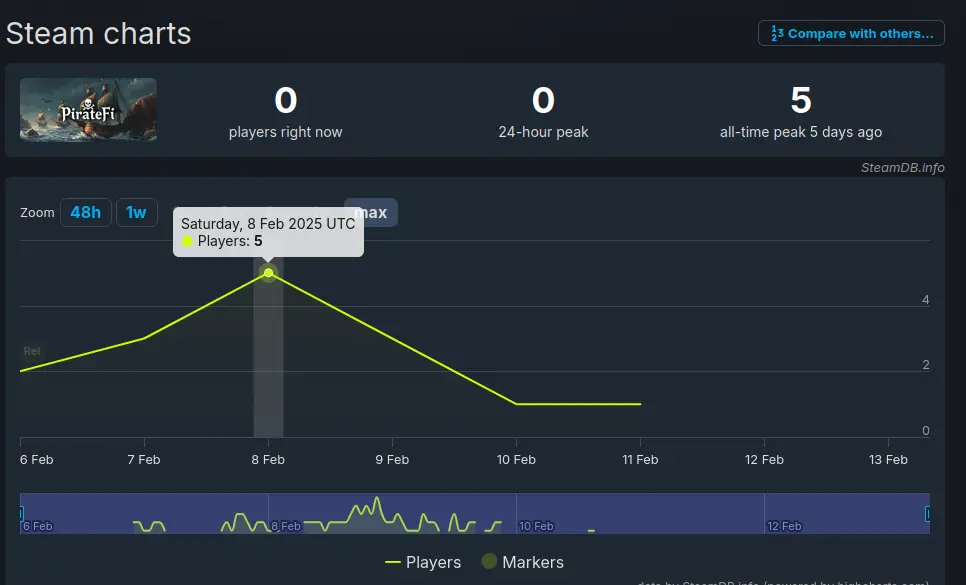

names of games I didn’t expect to hear to day. Only had Major Stryker shareware as a kid, played it a lot, along with Duke Nukum and some other old SW games.
But those games on massive tv? Pixels the size of cats.
Were you using any crt shaders or such?







zstd is generally stupidly fast and quite efficient.
probably not exactly how steam does it, or even close, but as a quick & dirty comparison: compressed and decompressed a random CD.iso (~375 MB) I had laying about, using zstd and lzma, using 1MB dictitionary:
test system: Arch linux (btw, as is customary) laptop with AMD Ryzen 7 PRO 7840U cpu.
used commands & results:
Zstd:
# compress (--maxdict 1048576 - sets the used compression dictionary to 1MB) : % time zstd --maxdict 1048576 < DISC.ISO > DISC.zstd zstd --maxdict 1048576 < DISC.ISO > DISC.zstd 1,83s user 0,42s system 120% cpu 1,873 total # decompress: % time zstd -d < DISC.zstd > /dev/null zstd -d < DISC.zstd > /dev/null 0,36s user 0,08s system 121% cpu 0,362 totalSo, pretty quick all around.
Lzma:
# compress (the -1e argument implies setting preset which uses 1MB dictionary size): % time lzma -1e < DISC.ISO > DISC.lzma lzma -1e < DISC.ISO > DISC.lzma 172,65s user 0,91s system 98% cpu 2:56,16 total #decompress: % time lzma -d < DISC.lzma > /dev/null lzma -d < DISC.lzma > /dev/null 4,37s user 0,08s system 98% cpu 4,493 totalThis one felt like forever to compress.
So, my takeaway here is that the time cost to compress is enough to waste a bit of disk space for sake of speed.
and lastly, just because I was curious, ran zstd on max compression settings too:
~11s compression time, ~0.5s decompression, archive size was ~211 MB.
deemed it wasn’t nescessary to spend time to compress the archive with lzma’s max settings.
Now I’ll be taking notes when people start correcting me & explaining why these “benchmarks” are wrong :P
edit:
goofed a bit with the max compression settings, added the same dictionary size.
edit 2: one of the reasons for the change might be syncing files between their servers. IIRC zstd can be compressed to be “rsync compatible”, allowing partial file syncs instead of syncing entire file, saving in bandwidth. Not sure if lzma does the same.